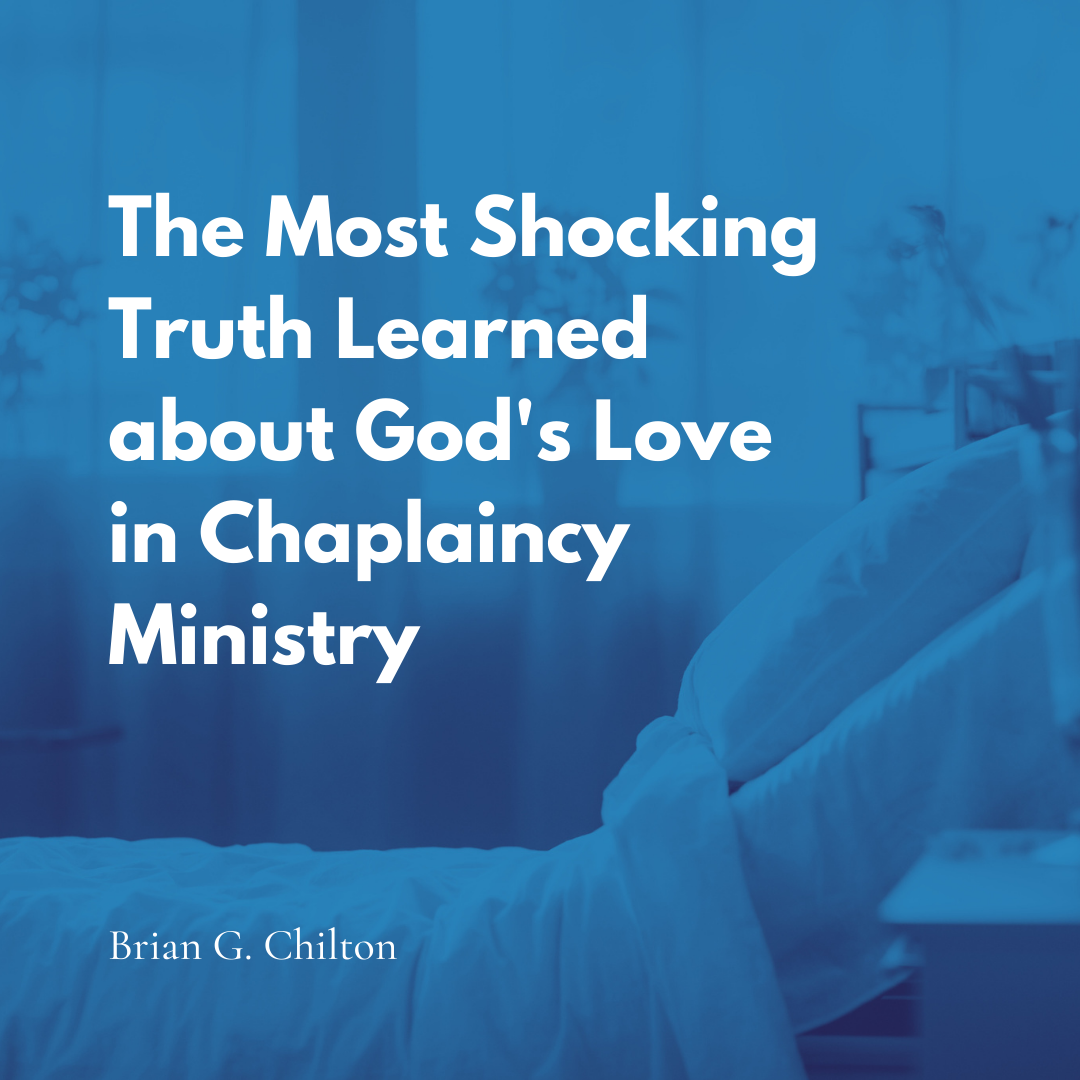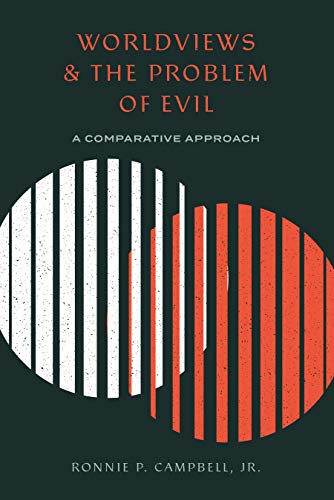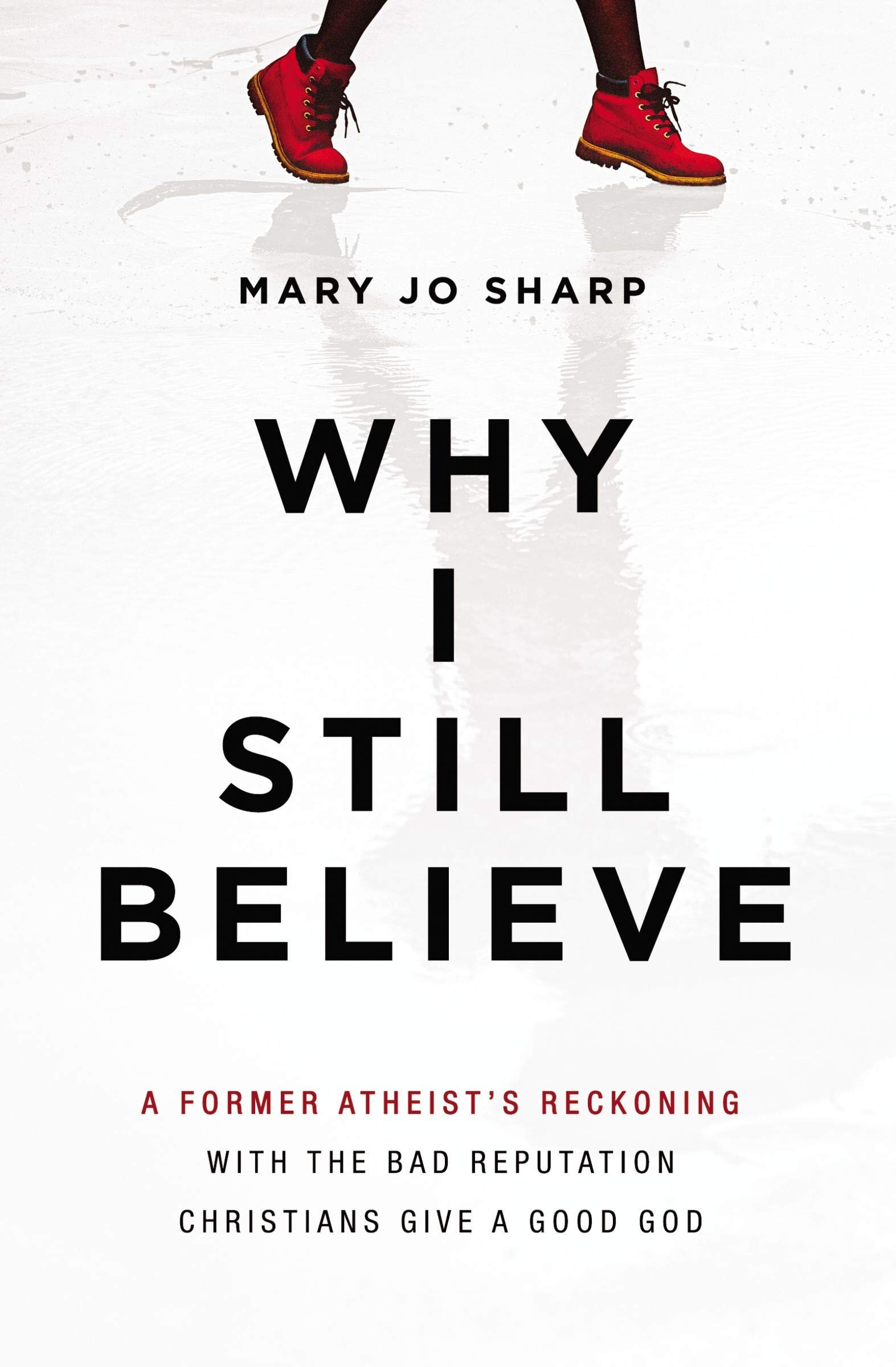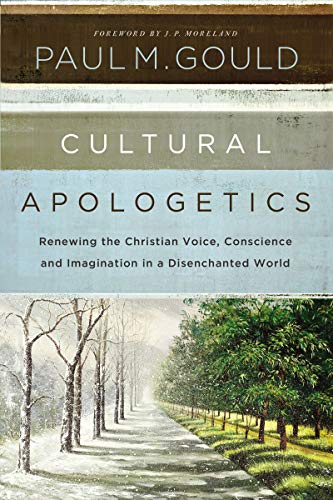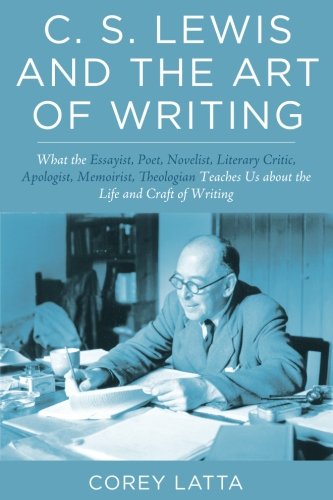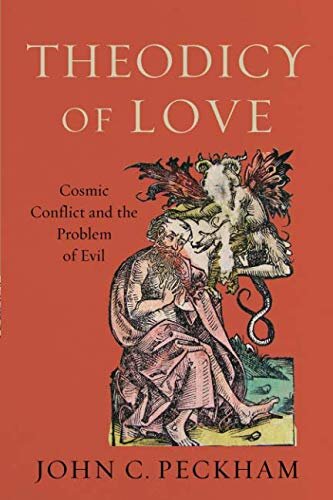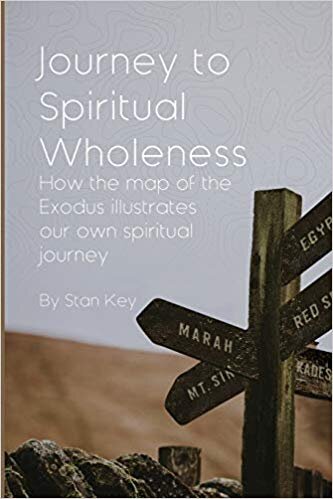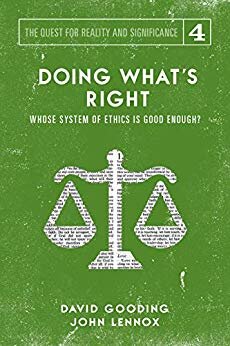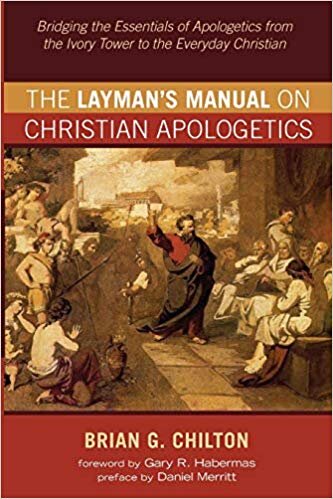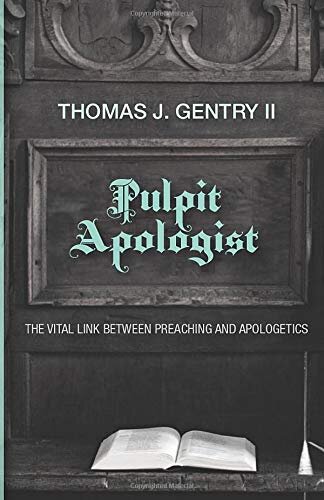© By R Scott Smith, PhD, Biola University, scott.smith@biola.edu
There are various positions taken amongst naturalists in metaethics, and these have implications for whether or not a particular naturalist would believe we can have moral knowledge. In this short paper, first I will survey options in metaethics that various naturalists have taken and draw out those implications. Though they may differ in their metaethical standpoints, all these theorists are united around a common ontological claim – real, intrinsic, moral facts do not exist. Yet, they also think we can (and often do) know much about morality. For example, following the fact-value split, we know not only that science (i.e., today’s orthodox science, which is naturalistic) gives us knowledge of the facts of reality, but we also know that ethics and religion give us opinions, preferences, and our own constructs. But in the second section, I will take up a broader question: can we really have knowledge on naturalism? If not, then it seems naturalism would be false, for there are many things it seems we do know, including in morality. If so, then naturalism should be rejected.
I. Various Metaethical Positions for Naturalists
I. Noncognitivism: On a traditional, linguistic understanding, noncognitivists believe that moral judgments are neither true nor false. This would include two main positions, i.e., prescriptivism and emotivism (which A.J. Ayer supported). But this depiction has been criticized for at least a couple reasons by Richard Joyce, who first challenges just what a moral judgment is.[1] On his view, noncognitivism could be (1) a denial of the existence of beliefs (as mental states which could be true or false); (2) the lack of expression of a proposition (which would eliminate beliefs, which are propositions); or (3) the denial of the assertion of a belief. Overall, beliefs have no place metaethically, so there is no moral knowledge (understood as a justified true moral belief) available on this view.
Now, Simon Blackburn nuances his noncognitivism by appealing to projectivism and quasi-realism.[2] The latter is a linguistic thesis which seeks to “‘earn the right’ for moral discourse to enjoy all the trappings of realist talk,” including truth predicates in moral sentences.[3] For the noncognitivist, “stealing is wrong” really means something like “stealing – ugh!” However, for the quasi-realist, judging by the surface grammar of the sentence, it may be considered to be (or, treated as) true or false. Such sentences mimic moral realist assertions, yet do not really mean the same thing. The focus here is completely on moral discourse (a linguistic emphasis) and not about a moral property being instanced in some action (which would be a metaphysical focus) - for such things are not real. Blackburn is quite clear why: “The problem is one of finding room for ethics, or placing ethics within the disenchanted, non-ethical order which we inhabit, and of which we are a part.”[4]
But whether on Blackburn’s views, or the more traditional noncognitivist ones, there is no moral knowledge. There are no moral facts or moral judgments that can be known to be true or false. Still, that does not mean that someone like Blackburn or Ayer does not claim to know much about morality.
2. Moral Cognitivism - Subjectivist Theories: In general, cognitivists believe that moral statements are truth-apt yet disagree about the object of such statements. Of course, within this position, there has been the traditional distinction between private subjectivism and cultural relativism.
Here are two subjectivist examples. While Gilbert Harman seems to reduce moral facts to natural ones, nonetheless that does not mean that there are no moral facts. He affirms the theory-ladenness of beliefs, so that any moral beliefs we may have from making empirical observations are not due to some self-presenting, intrinsically moral property, but rather our interaction (which is conditioned by our upbringing and psychology) with just natural facts. Moral facts are mind-dependent, or our constructs; that is, in terms of a broader issue of moral realism versus anti-realism, he seems to be a subjectivist about morals (i.e., metaphysically).[5] So, we can know what moral facts are (i.e., human constructs), but we cannot know a moral reality independent of nature, for there is none.
Consider also Michael Ruse’s subjectivist ethics. For him, “the meaning of morality is that it is objective.”[6] Ruse embraces sociobiology: morality (in particular, social cooperation) just is a shared, biological adaptation. He draws upon Richard Dawkins’ “selfish gene” view, and he suggests that we may speak of genes as selfish or altruistic. Yet, that is just to employ a biological metaphor, on which “altruistic” behavior is cooperative. Further, we objectify morality, but that is an illusion that has been thrust upon us by our genes, for there is no foundation for morality independent of biology. Yet Ruse also stands strongly against behaviors such as rape, female circumcision, or Hitler’s atrocities.[7] Evidently, then, Ruse believes we can know various acts to be morally right or wrong, yet he also seems to have special access to the truth about morality itself – that it is not objective but just a biological adaptation.
3. Moral Cognitivism - Error Theory: J.L. Mackie argued that, descriptively, there are widespread differences in moral views, and their best explanation is that moral judgments “reflect adherence to and participation in different ways of life.”[8] He also argued that if there exist objective moral properties, they would be entities of a very queer sort, utterly unlike anything else that exists in the physical universe, and they would require some atypical means to know them.
But the error theorist also claims that our moral discourse trades upon institutional (and thus socially constructed) facts, not brute, physical facts. Institutional rules guide our actions and speech, so moral judgments (which are beliefs) that profess to be real and institution-independent instead are infected with error. Why? There are no intrinsic moral facts. So for the error theorist, there is no room for moral knowledge, for there is nothing truly moral to be known. Yet, we may know much about moral discourse, that such talk does not reflect a predication of real moral properties.
4. Moral Cognitivism - Ethical Naturalism: On this last set of views, moral statements are about moral acts, or objects thought to have moral value. But here, moral facts can be reduced to natural ones which can be studied by science. On such a view, we can infer that such naturalists think we can have “moral” knowledge, since we can have knowledge of natural facts via science. Yet, of course, such knowledge would not be of intrinsically moral facts.
The Cornell Realists (Richard Boyd, Nicholas Sturgeon, and David Brink) offer a variation. For them, all our observations (scientific, ethical, etc.) are theory-laden and are justified in light of their coherence with one’s whole web of beliefs. But this need not result in thoroughgoing anti-realism. For them, there are moral explanations of natural facts, and when we do this, we bring to bear our presupposition-laden background beliefs. So, for these realists, claiming that there are no moral facts lacks independent rational force against a realist’s web of beliefs. Thus, it seems we could have moral knowledge on this view, but again, it would not be of some intrinsically moral facts.
In sum, there is a spectrum of positions amongst naturalists in metaethics, resulting in different answers to the question, can we have moral knowledge? Some are confident that we can, while others are not. Yet they all seem to think there is much we can know about morality and moral discourse. Now, let us turn to examine the prospects for these (and other) knowledge claims on naturalism.
II. The Prospects for Knowledge on Naturalism
In general, given naturalism’s ontology, it seems that since only real natural facts exist in a mind-independent way, all other facts are human constructs. This line of thought fits with John Searle’s distinction between the brute facts of the physical world and the constructed facts of social reality.[9] Similarly, when addressing the reality of intentionality, Michael Tye avers to the reality of physical facts, yet explains the mental as a way of describing, or conceiving of, the physical.[10] Others seem to follow this same kind of pattern, such as David Papineau, Fred Dretske, and William Lycan.[11] Indeed, it seems to be a reasonable move, for on naturalism, the only intrinsic facts are physical ones. All else that we experience in reality (whether involving relationships, social life, economics, politics, business, sports, ethics, entertainment, or more) are due to how we conceive of, or talk about, the physical.
Daniel Dennett takes a similar line of argumentation. If we are consistent as naturalists, it means that while real brains and real physical patterns of forces exist, nonetheless things like mental states, intentions, and meanings are just attributions, or interpretations, we make from having adopted the intentional stance.[12] That stance is merely a tactic we adopt to help us predict behavior, and not to posit the “existence” of a variety of other “real” entities. For instance, consider the examples from Star Trek™, where Mr. Spock plays chess with the Enterprise’s computer.[13] For Dennett, both Spock and the computer are mechanisms, without any real intentions. Still, to help us predict what move Spock will make at a given stage in the game, we adopt the intentional stance, in which we attribute to him the intention to checkmate his opponent; thus, likely, he will make a given move. We treat the computer similarly, in that it “intends” to checkmate Spock and thus we predict it will make such-and-such a move.
For Dennett, these attributions of intentional states (and beliefs, desires, intentions, thoughts, etc.) are useful, shorthand ways of talking. They enable us to predict efficiently and reliably the behavior of intentional systems, which are systems that are amenable to treatment from this tactic.[14] It is more efficient than developing a lengthy, cumbersome description using the language of neuroscience.[15]
Now, while Dennett denies the reality of mental entities and their content, he does affirm the objective reality of physical patterns in the real world that we can detect.[16] However, Dennett also realizes that though these objective patterns are real, they always fall short of perfection. Therefore, there always will be uninterpretable gaps. Why? Here, Dennett draws upon Quine’s indeterminacy of radical translation[17] and extends it to the “‘translation’ of not only the patterns in subjects’ dispositions to engage in external behavior (Quine’s ‘stimulus meanings’), but also the further patterns in dispositions to ‘behave’ internally.”[18] Dennett realizes that there always will be such gaps entails that it is “always possible in principle for rival intentional stance interpretations of those patterns to tie for first place, so that no further fact could settle what the intentional system in question really believed.”[19]
Besides Quine, Dennett also appeals to Donald Davidson, who explains this principle in terms of its application to belief: “If there is indeterminacy [of meaning or translation], it is because when all the evidence is in, alternative ways of stating the facts remain open.”[20] Now, Dennett sees that Quine demonstrated the indispensability of intentionalistic discourse, yet for them such talk is not grounded in real mental states. So, Dennett uses Quine to support his own denial of the reality of mental entities and content: “Quine’s thesis of the indeterminacy of radical translation is thus of a piece with his attack on essentialism; if things had real, intrinsic essences, they could have real, intrinsic meanings.”[21]
So, if there were such essences, then meanings (along with other intentional states) could be determinate. There could be a single, correct answer to questions such as, What was Spock really intending to do when he made that move in chess? Or, what does Spock really believe about the moral status of Starfleet’s “prime directive”?[22] But Dennett thinks it is futile to think we can match up “mental” entities with their physical correlates. In principle, these patterns are capable of being interpreted variously from the intentional stance, and those interpretations could tie for first place. There are no deeper facts (i.e., essences) to give a determinate answer to the question, “What does it mean?”
Yet, with the language we use to describe the physical and behavioral traits of living things and other objects,[23] we take as real the entities referred to by that language. This is because we believe there are brute facts in the real world, something which can be described accurately from the standpoint of the Darwinian, materialistic story.
However, let us consider a comment Dennett makes in passing about his own views’ implications. He observes that Samuel C. Wheeler draws insightful connections between Derrida, Quine, and Davidson. Per Wheeler, Derrida provides “important, if dangerous, supplementary arguments and considerations” to the ones that Davidson and other Quinians have put forth.[24] As Wheeler notes, “For Quinians, of course, it is obvious already that speech and thought are brain-writing, some kind of tokenings which are as much subject to interpretation as any other.”[25]
Since there are no essences, there are no representations that are intrinsically about anything. Moreover, since natural selection itself is unrepresenting, there cannot be any “natural signs,” something that intrinsically would represent something else. Now, this means that for Dennett, we are left with events of “taking as,” in which we take (interpret, conceive of) some input as something else.[26] There is no room, it seems, for any aspect of the world as it is in itself to come before us and be known as it is, apart from how that input has been conceptualized.
Likewise, if any event of “taking as” cannot intrinsically represent something, then it too must be taken to be something else. Of course, that taking also must be taken as something else, and so on to infinity, it would seem, without any way to get started with these takings. As Willard argues, “Either there is going to be at some point a ‘taking as’ which does not itself represent anything (even what is ‘taken’) – which certainly sounds like a self-contradiction and is at best unlike the instances of ‘taking’ featured in Dennett’s explanations – or there is going to be an infinite regress of takings.”[27]
Now, clearly, this conclusion would apply to those things we would consider on naturalism to be our constructs, such as mental entities, morality, religion, and much more. But it also would hold for those aspects of the materialistic, real world Dennett takes to be objective. If everything that can be known (or even thought about, processed, etc.) by the brain is the result of a process with nothing but takings, since nothing is immediately given to us, then it seems there is no room for Dennett’s “brute facts” to be exempt from Derrida’s point: everything is a “text” which needs interpretation. The so-called “brute facts” also are conceptualizations, the result of the “raw stimulus” having been “cooked” by the brain’s distributed processes. Even the so-called “raw stimulus” is a taking (of something, but what we do not seem to know) as something else.
Now, it makes sense that there must be some raw stimulus; no one who takes the need for interpretation seriously, at least whom I know, denies that there is a real world. But, like all else, the raw stimulus, and even the so-called “objective” patterns, also must be takings of some things as such. They too are conceptualizations, every bit as much as anything else. Even the so-called “facts” of the objective, materialistic world of the natural sciences, would be just interpretations.
If so, then on what rational justification can Dennett privilege the third-person, objective, materialistic, Darwinian view of the real world? On his view, the language of materialism, cognitive science, etc., would be just as subject to Quine’s thesis of the indeterminacy of translation as the language of folk psychology. This is because the language of materialism is a brain-writing, which is a token, and therefore would be as much in need of interpretation as any other facet of existence.
Thus, when all the “facts” are in, there still will be alternative ways of stating them, in addition to the language of materialism and cognitive science. And, since there are no essences, there will be no deeper facts to settle any disputes that would arise. Therefore, applying Dennett’s own logic, in principle, it will always be possible for rival interpretations to tie for first place.
Now, this issue seems to arise not just for Dennett, but also for other naturalists as well, for the problem surfaces precisely because there are no essences to determine the facts of the matter. And it is not a problem just for in the areas of ethics or religion; it seems to be a problem in principle for naturalism. Without essences, it seems there would be an endless series of interpretations, without any way to get started, even with the so-called “brute facts.”
Now, this regress of interpretations may not seem problematic to some. After all, we do experience real trees, brains, moral situations, and the like. So, perhaps the ubiquity of interpretation may simply imply that while we do experience objects in reality, our access always is interpreted access.
At first glance, this reply may seem to alleviate the problem. For when we make observations of, say, a gas at a certain temperature and pressure, we still do need to interpret those observations. This is all well and fine; I have no desire to underestimate the importance of interpretation. However, that is not my point; rather, it is that without essences, there is no way to gain any “foothold” onto reality and begin to know it. An interpretation always is of something, but here, at every step, it seems that “something” ends up being another interpretation, without a way to access reality itself and even start.
III. Implications
Without essences, there are no intrinsic constraints on what is intentional or mental. Thus, we seem utterly unable to have any knowledge if the ontology of naturalism were true. The same implication applies to morality; at best we are left with a beginningless series of interpretations, such that there is no way to gain any foothold on reality, to even begin to conceive of something as moral. This means that there is no place for knowledge about morality, or of moral discourse, or even whether a particular action is moral or immoral. Also, on the fact-value split, we think we can know the facts of reality through naturalistic science, and that the deliverances of ethics and religion are just opinions. But these claims also become impossible to know on naturalism.
Indeed, every claim to knowledge becomes impossible to know, for there is no way to escape the relentless regress of interpretations. This condition simply is the natural result of rejecting the existence of essences, and it applies in morality because of the specific rejection of intrinsic moral properties, or facts. Without them, naturalism is unable to give us any moral knowledge, or knowledge about morality, despite the contentions of its expositors.
Yet, descriptively, the fact remains that many people who are naturalists do know several things, including in the field of ethics. For instance, Ruse contends vigorously that rape is wrong. Peter Singer knows it is wrong to treat animals cruelly. Those who appeal to the problem of moral evil as evidence against God’s existence know that injustice and genocide are wrong.
But these cases of moral knowledge should make us pause, for if naturalism were true, we could not them. So, it seems that a different ontology, which includes the reality of essences, must be true.
Notes
[1] Richard Joyce, “Moral Anti-Realism,” Stanford Encyclopedia of Philosophy, http://plato.stanford.edu/entries/moral-anti-realism, accessed March 21, 2013.
[2] E.g., see his Essays in Quasi-Realism (Oxford: Oxford University Press, 1993) and Spreading the Word (New York: Oxford University Press, 1984).
[3] Richard Joyce, “Projectivism and quasi-realism,” Stanford Encyclopedia of Philosophy,
http://plato.stanford.edu/entries/moral-anti-realism, accessed March 21, 2013 (emphasis in original).
[4] Simon Blackburn, Ruling Passions: A Theory of Practical Reasoning (Oxford: Clarendon Press), 49.
[5] Ibid.
[6] Michael Ruse, “Evolution and Ethics: The Sociobiological Approach,” in Ethical Theory: Classic and Contemporary Readings, ed. Louis Pojman, 4th ed. (Belmont: Wadsworth, 2002), 661.
[7] Ibid.
[8] J.L. Mackie, Ethics: Inventing Right and Wrong (Harmondsworth: Penguin, 1977), 36.
[9] John Searle, The Construction of Social Reality (New York: The Free Press, 1995).
[10] Michael Tye, Ten Problems of Consciousness: A Representational Theory of the Phenomenal Mind (Cambridge, MA.: Bradford Books, 1995).
[11] For Papineau, see his Philosophical Naturalism (Oxford: Blackwell Publishers, 1993), and Thinking about Consciousness (Oxford: Clarendon Press, 2002). See also Dretske’s Naturalizing the Mind: The 1994 Jean Nicod Lectures (Cambridge, MA.: Bradford Books, 1995). For Lycan, see Consciousness and Experience (Cambridge, MA.: Bradford Books, 1996).
[12] These attributions “are interpretations of the phenomena,” and they serve as a “heuristic overlay.” See his Daniel C. Dennett, “Dennett, Daniel C.,” A Companion to the Philosophy of Mind: Blackwell Companions to Philosophy, ed. Samuel Guttenplan (Oxford: Basil Blackwell, 1994), 239.
[13] Star Trek and related marks are trademarks of CBS Studios Inc.
[14] See Dennett, “Dennett, Daniel C.,” 239.
[15] Daniel C. Dennett, The Intentional Stance, 3rd printing (Cambridge, MA.: MIT Press, 1990), 233-34. Even in a “golden age” of neuroscience, we still will need the language of folk psychology.
[16] Dennett, The Intentional Stance, 40 (emphasis in original).
[17] Quine explains: “To expect a distinctive physical mechanism behind every genuinely distinct mental state is one thing; to expect a distinctive mechanism for every purported distinction that can be phrased in traditional mentalistic language is another. The question whether … the foreigner really believes A or believes rather B, is a question whose very significance I would put in doubt. This is what I am getting at in arguing for the indeterminacy of translation.” See his “On the Reasons for Indeterminacy of Translation,” Journal of Philosophy LXVII (1970), 180-81, quoted in Dennett, The Intentional Stance, 40.
[18] Ibid.
[19] Ibid. (emphasis in original).
[20] Donald Davidson, “Belief and the Basis of Meaning,” Synthese Vol. 27 (1974): 322, quoted in Dennett, The Intentional Stance, 41(bracketed insert mine).
[21] Ibid., 319, note 8 (emphasis mine).
[22] The prime directive is Starfleet’s order to not interfere with the internal development of an alien planet’s culture. Often, it is treated as absolute, yet episodes explore if it could be overridden in certain cases.
[23] For example, see W.V.O. Quine, Word and Object (Cambridge, MA.: MIT Press, 1960), 221, quoted in Dennett, The Intentional Stance, 342.
[24] Samuel C. Wheeler III, “Indeterminacy of French Interpretation: Derrida and Davidson,” in E. Lepore, ed., Truth and Interpretation: Perspectives on the Philosophy of Donald Davidson (Oxford: Basil Blackwell, 1986), p. 477, quoted in Dennett, The Intentional Stance, 40, note 2.
[25] Wheeler, 492, quoted in Dennett, The Intentional Stance, 40, note 2.
[26] Compare Dallas Willard, “Knowledge and naturalism,” in Naturalism: A Critical Analysis, ed. J.P. Moreland and William Lane Craig (New York: Routledge, 1999), 40.
[27] Ibid., 41.
Photo: "Brown Skua flies over wary Gentoo Penguins" by L. Quinn. CC License.
















